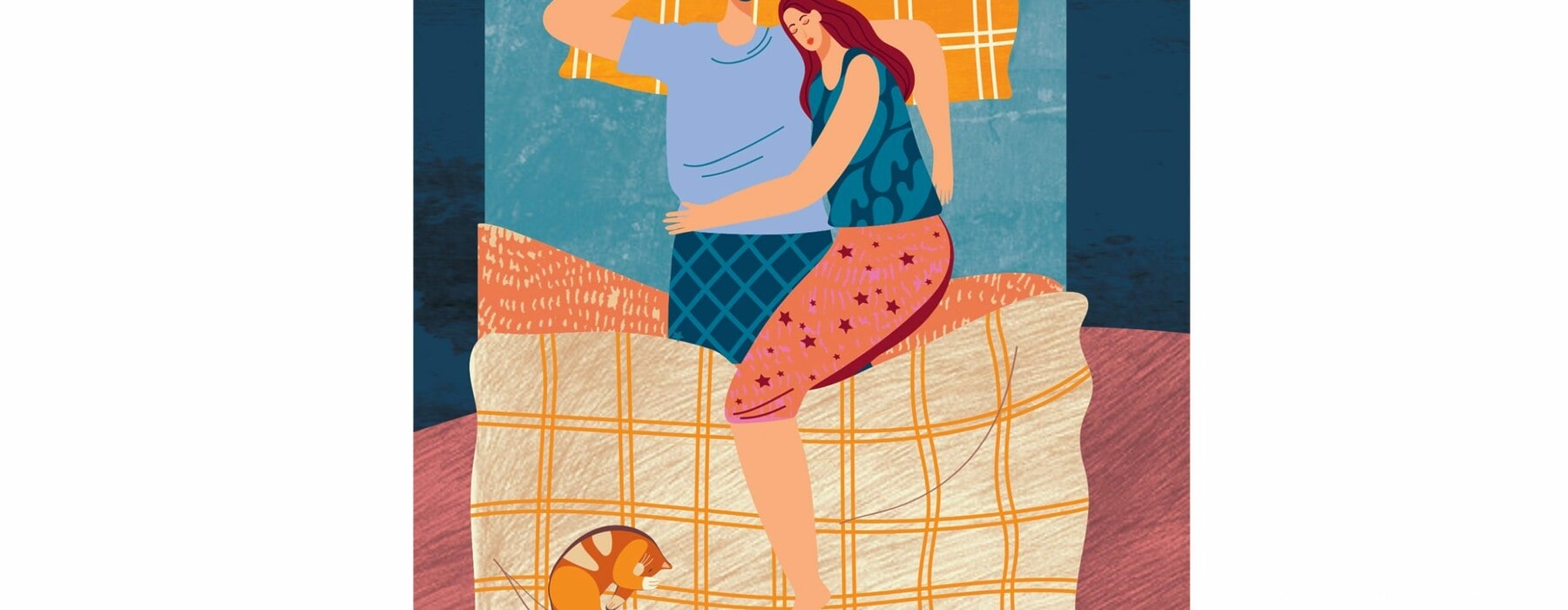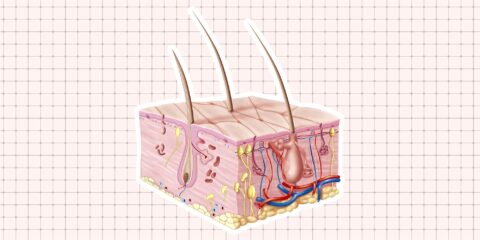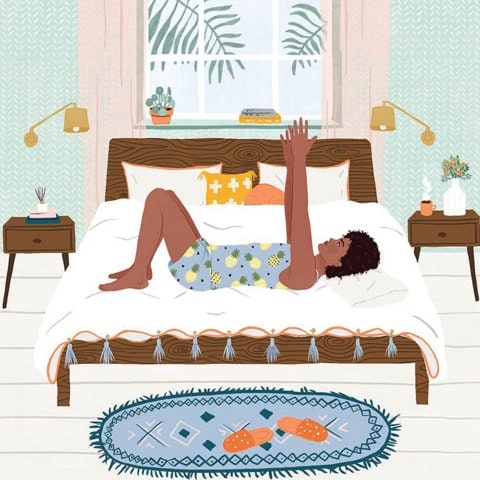In addition to adopting healthy sleep habits, a number of other strategies are available to improve your sleep.
1. Exercise
The relationship between exercise and better sleep is complicated. Vigorous exercise before bedtime can wake up the body, not put it to sleep. But research shows that regular exercise may lead to better sleep. The key here is regular. The occasional workout may make you physically tired, but that’s unlikely to lead to better sleep. But regular exercise appears to create a gradual improvement in sleep.
In one study it took four months for exercisers to see an improvement in sleep, but the change was remarkable. Exercisers eventually gained at least 45 minutes of extra sleep a night – a much better result than many people get with drug treatments. The lesson: if you have insomnia and you don’t exercise, start.
2. Melatonin
Melatonin, a hormone, may be worth trying for sleep problems. It’s available in New Zealand on prescription or from a pharmacist who has had special training in its use. In general, melatonin works to relieve jet lag but offers only modest benefits for insomnia.
A 2013 analysis that looked at 19 randomised controlled trials involving 1683 subjects determined that on average, melatonin reduced the amount of time it took to fall asleep by seven minutes when compared with placebos and increased total sleep time by eight minutes.
3. Medications
Sleeping pills can be a useful tool for helping people get better sleep during a difficult time, such as the death of a loved one or a stressful job change. But in general, doctors don’t view sleep medication as a long-term solution. Regular use can result in dependency and weird side effects. In addition to sleepwalking, there have been reports of sleep-driving, sleep-eating and sleep-shopping.
Although the pills can be an essential treatment for people with head injuries and serious sleep issues, most people are better off trying non-drug treatments such as relaxation techniques, cognitive behavioural therapy or exercise.
4. Cognitive behavioural therapy
Several medical organisations have endorsed cognitive behavioural therapy as an insomnia treatment. The American College of Physicians advises its members that this is the first treatment they should offer patients with insomnia. The key element is cognitive restructuring, which challenges you to reframe negative ways of thinking that can become self-fulfilling prophecies. If you’re lying awake thinking about what a basket case you’ll be tomorrow because you’re not asleep, that thought alone will keep you awake.
The therapy, called CBT-I asks you to look at the situation differently, and replace the negative thought with a positive one, such as “I’ll fall asleep eventually” or “I can handle this if it only happens a few nights a week.” You can try an online programme or app or look for a trained CBT-I therapist near you.








